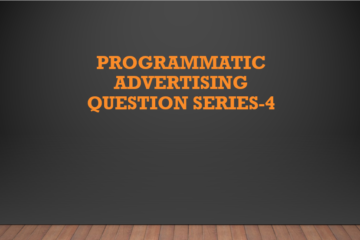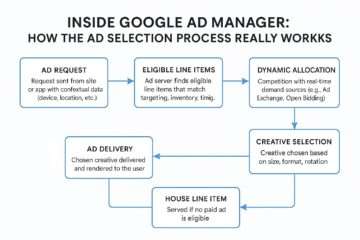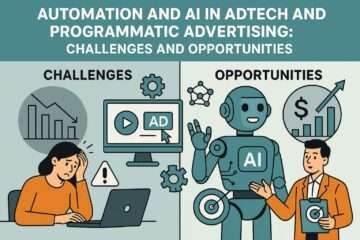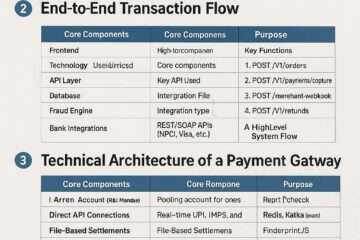

Deprecation of third-party cookies is a parable reminiscent of “The Boy Who Cried Wolf.”
Google declared on Tuesday that it will extend its self-imposed deadline to remove cookies from Chrome for a third time, despite having previously assured that it would not do so. This follows two delays in the previous deadline.
Google asserts that it is not in fact sluggish or attempting to bypass signal loss; rather, industry and regulatory pressures prevent it from proceeding according to the current schedule.
Google stated in an official statement that the antitrust regulator monitoring the Chrome Privacy Sandbox, the UK Competition and Markets Authority (CMA), requires “adequate time to thoroughly examine all available evidence, including the outcomes of industry tests.”
Market input was solicited by the CMA by the conclusion of June. However, the statement also partially ascribed Google’s decision to “various perspectives expressed by developers and the industry.”
There is no consensus when Google and the CMA request responses from businesses that have tested the Privacy Sandbox; rather, they receive additional heated opinions.
In the shadows
The CMA issued a directive to Google in February to suspend the elimination of cookies until the company resolved anticompetitive issues.
The CMA was specifically compelled to investigate concerns raised by publishers and ad tech companies regarding the Privacy Sandbox’s apparent bias towards favouring the market position of Google’s advertising products, particularly Google Ad Manager.
The sequential operation of the Privacy Sandbox auction involves transferring the outcomes of one auction into another. (Further information is provided here.) Certain industry executives contend that arrangement disregards the conventional function of supply-side platforms and ad servers, which may increase Google’s market share.
The IAB Tech Lab’s Privacy Sandbox Task Force identified in February that the majority of the fundamental use cases it delineates for digital advertising are unattainable with the Privacy Sandbox’s APIs in their current iteration.
The Protected Audience API (PAAPI), which produces bids for specific interest groups and consequently increases the likelihood that advertisers bid against themselves, is one example. In early testing, this API was discovered to be associated with increased latency (i.e., advertisements display relatively slowly) and decreased yield.
PAAPI also depends on intermediaries known as Trusted Execution Environments, of which Google and Amazon are the only ones at present.
Months of warning have passed, and Google is now willing to admit that it requires an additional period to secure agreement among advertisers, developers, regulators, and executives. Securing authorization from a single regulatory body would suffice.
Consequences for identity
Numerous companies, including Google, which invested in third-party cookie deprecation (i.e., post-third-party cookie solutions), are hopeful that this postponement will not deter the development and testing of cookieless solutions once more.
Even industry leaders who had every reason to anticipate another delay in the deprecation of cookies are optimistic that the change will ultimately occur on Chrome.
The difficulty of transitioning from 1% cookie deprecation during the first half of the year to cookies vanishing from the majority of Chrome impressions late in the year, when all advertisers are on edge over the holidays, is one issue with the schedule for this year.
The panic that followed Chrome’s deprecation from 0% to 1% has taught us that the complete ramp-up will be an absolute mess. And this disorder is anticipated to emerge at the start of the year.
AdExchanger posed a question to Chris Jenkins, director of the CMA’s Digital Markets Unit and overseer of the Privacy Sandbox investigation, during a virtual session at the IAB Tech Lab’s Privacy and Addressability conference last month. Jenkins replied, “We were very clear from the start.”
Jenkins stated, “We do not wish to impede privacy-protecting changes.”





























































